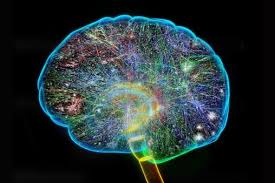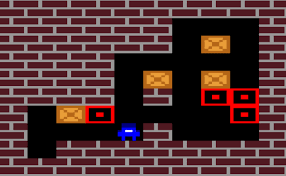Source: eurekalert.org
Imagine that you met a charming girl in school. She is an excellent student who concerns about the world welfare and is anti-war and anti-nuclear. Which do you think she is most likely to become in the future, a bank counter clerk, or, a bank counter clerk and feminist? Surveys show that most people think it’s easy and choose the latter. Their choice is right. However, according to classical probability theory, the probability of the former is definitely higher than the latter because the former contains the latter. That paradox calls for more modeling to be established to better fit facts.
Prof. ZHANG Xiaochu and his group developed new frameworks to better explain such human decision-making behaviors using the concept of quantum, and their result is published in Nature Human Behaviour in January 2020. They established the quantum reinforcement learning framework for human decision-making applying concepts from quantum probability theory. For example, they chose quantum probability amplitude rather than classical probability to describe the tendency of selecting a specific action. In this way they proposed quantum models that are comparable to the best classical models. Furthermore, they checked the functional magnetic resonance imaging (fMRI) data of human brain playing the Iowa Gambling Task. They were surprised to find that several important internal-state-related variables involved in their models are represented in the medial frontal gyrus (MeFG), which is important for human learning and decision-making. This shows a unique quantum-like neural mechanism for how the internal state is changed due to external information. In other words, this implies that how human brain works is a quantum-like manner, which is worthy of further research.
These models bring people new perspectives on understanding how human brains run. It’s inspired by machine learning development and is possible to elevate the efficiency of machine learning. In the meantime, the quantum-like mechanisms in the brain are still not fully understood. This deserves additional studies and is likely to change the history.


